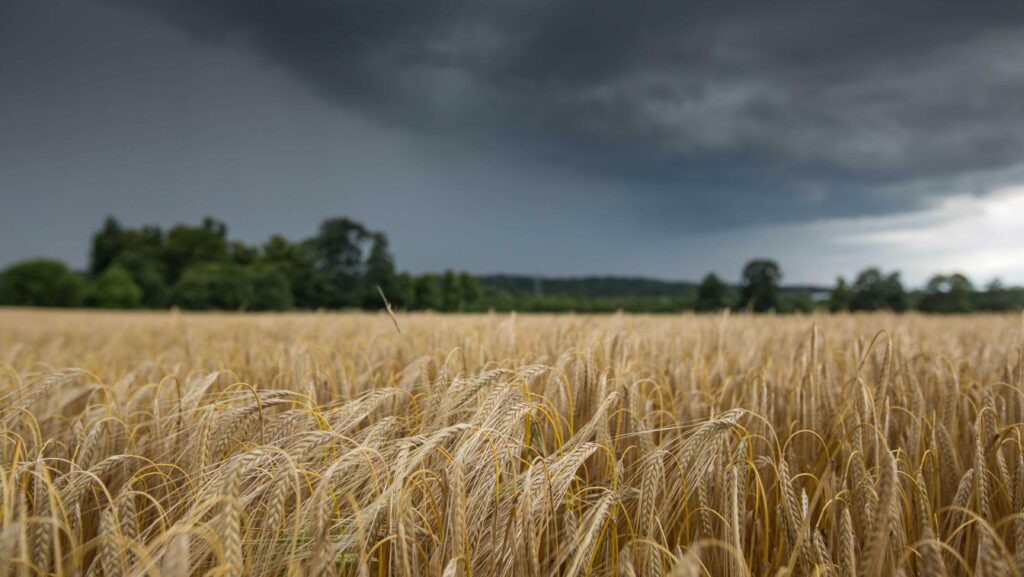Prof Chris Elliott hits out at government food security record
 © Tim Scrivener
© Tim Scrivener A leading food scientist at Queen’s University in Belfast has criticised the government’s record on food security.
Prof Chris Elliott OBE, founder of the university’s Institute for Global Food Security and a leading authority on food safety, integrity and fraud, hit out at the government’s record on food security on X (formerly Twitter).
Defra secretary Steve Barclay defended the government’s record on food security during an Environment, Food and Rural Affairs (Efra) debate in parliament on Thursday 9 May.
See also: MPs slammed for dismal turnout at food security debate
Asked by Liberal Democrat MP Jamie Stone what steps he was taking to support farmers, Mr Barclay said: “Food security is more important than ever, which is why we need to back British farmers to keep putting food on our tables, while protecting the environment.
“We are supporting farming with £2.4bn of annual spending, an average boost of 10% for the Sustainable Farming Incentive payment scheme, and new rules to ensure that farmers get a fair price for their products.”
Defra later published a short video on X of Mr Barclay’s comments, which was seized upon by Prof Elliott.
No government has done less for food security or caused present and future food insecurity in living memory. https://t.co/kewWlZUeWO
— Prof Chris Elliott OBE (@QUBFoodProf) May 11, 2024
He retweeted the video and gave his verdict on the Westminster government’s record on food security, saying: “No government has done less for food security or caused present and future food insecurity in living memory.”
As the prime minister prepares to host farmers and farming representatives at the second annual Farm to Fork summit at Downing Street on Wednesday (14 May), new analysis reveals extreme weather is taking its toll on UK self-sufficiency, with more imported flour likely in bread.
Self-sufficiency drop
The Energy and Climate Intelligence Unit (ECIU) analysis reveals the UK’s ability to feed itself is set to be reduced by nearly a tenth after farmers across the country have been hit by months of continuous wet weather.
The projected reduction in key arable crops as a result of lower crop area and poor yields will reduce UK self-sufficiency across all farming sectors by 8% when measured by volume, declining from an average of 86% between 2018 and 2022 to 78% this year.
The UK could become dependent on foreign imports for around a third of its wheat, with wheat self-sufficiency estimated to decline from 92% in the same period to 68%.
Liz Webster, founder of farm lobby Save British Farming, said: “Prof Elliott’s comments are undoubtedly true. We know how this happened and it’s because the government’s decisions around Brexit were based on a plan which fell apart that they would get a quick trade deal with the US.
“There is no UK-US which has any positive news for UK agriculture. It’s always America first.”
